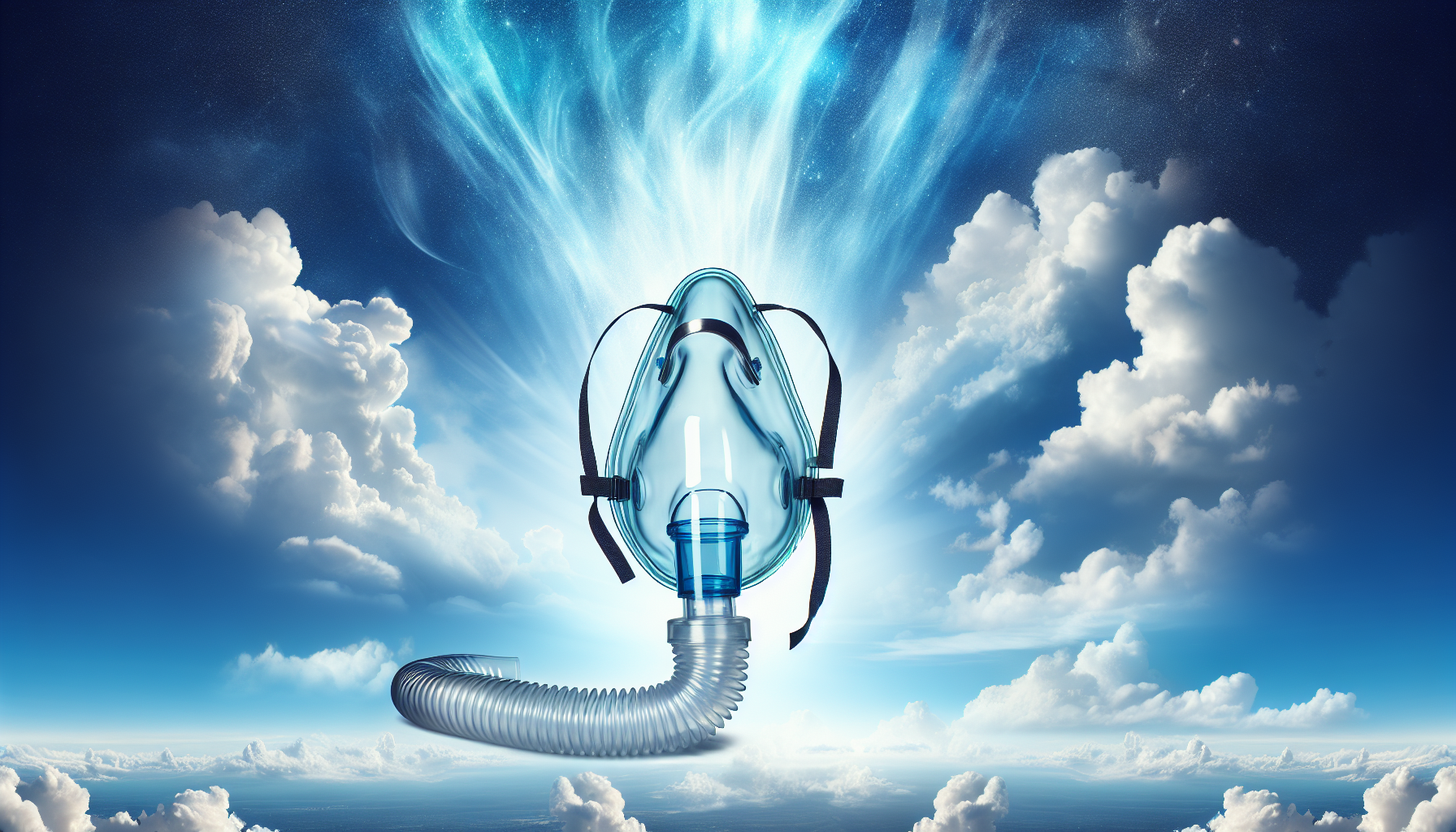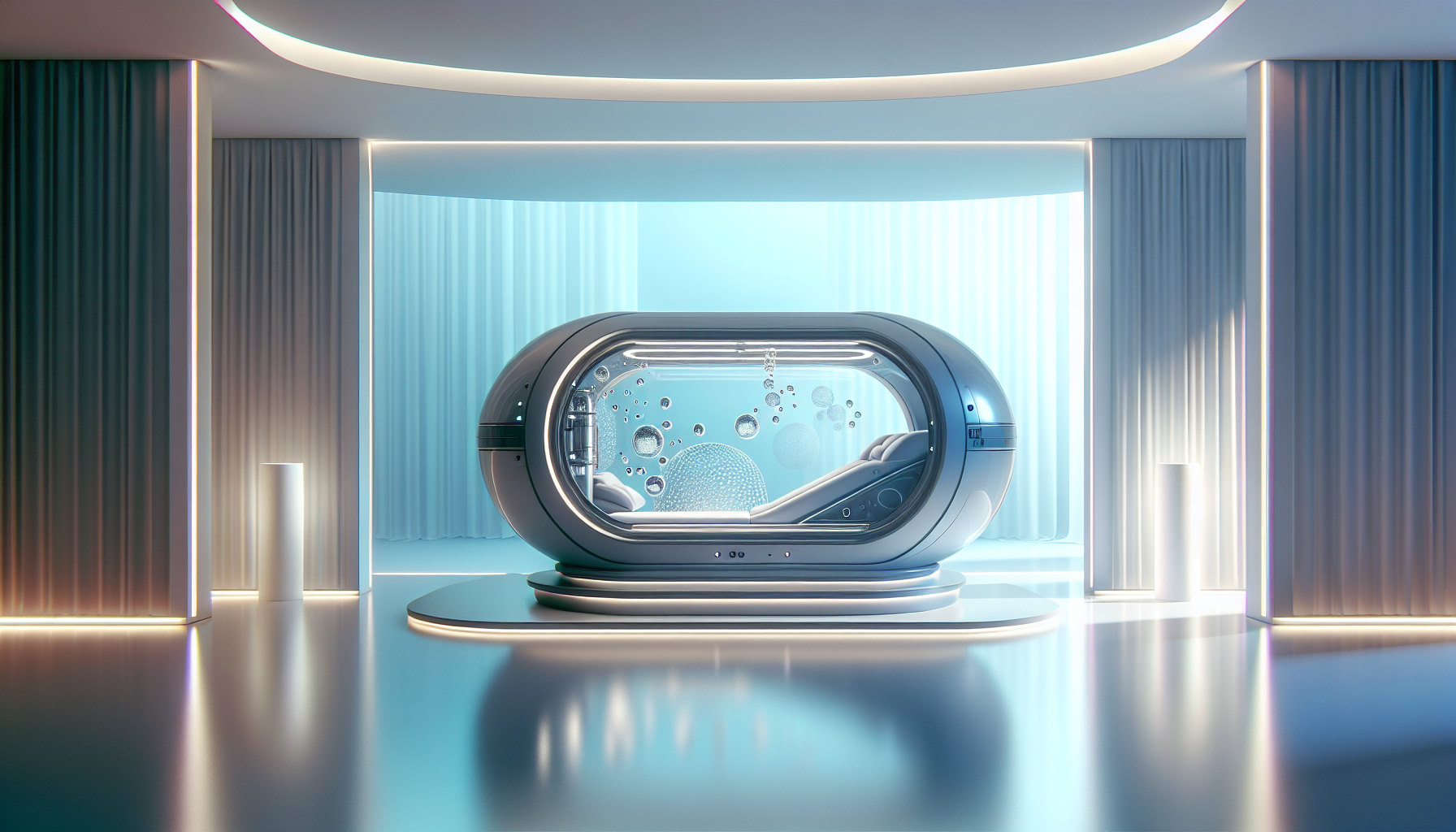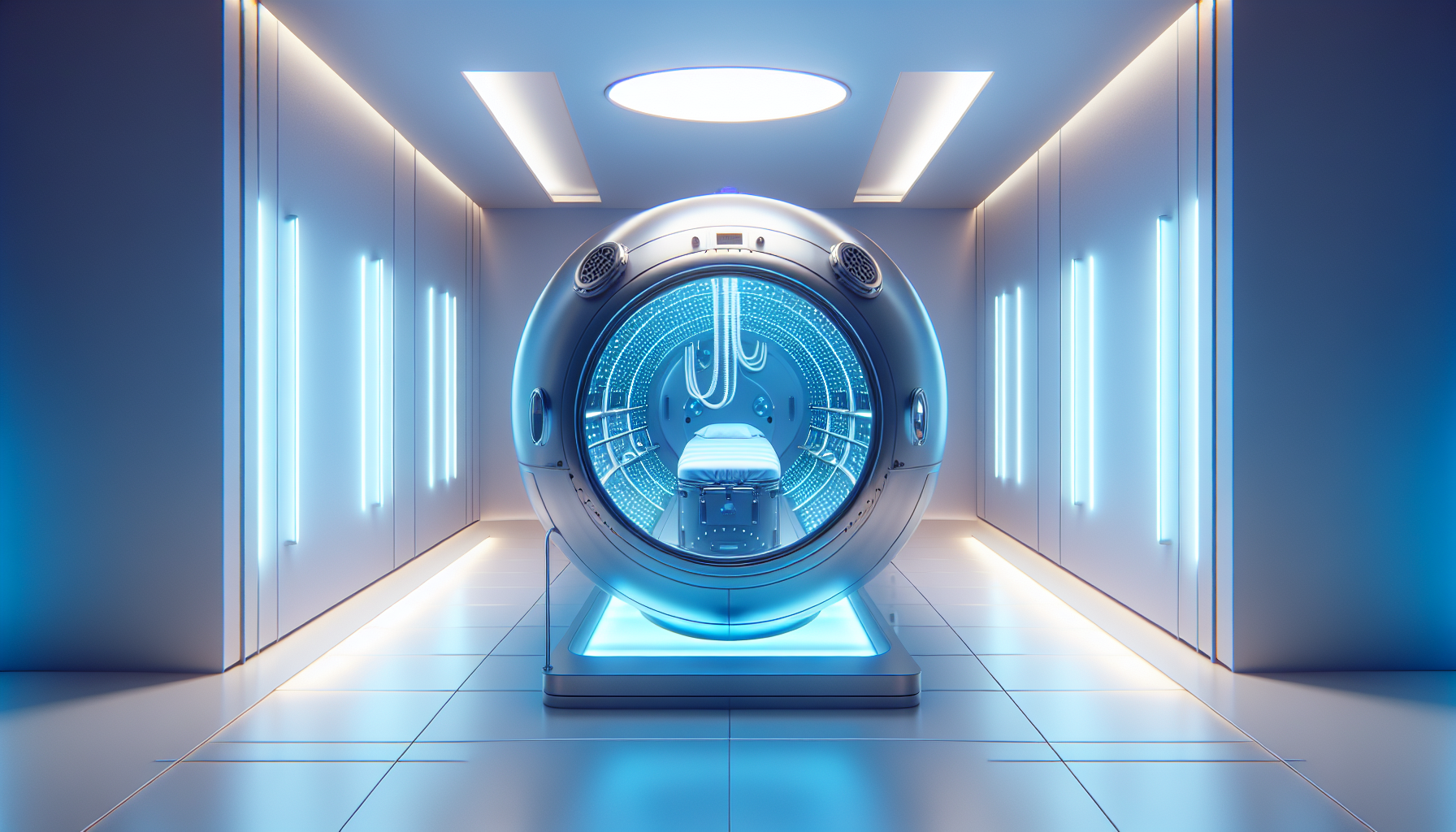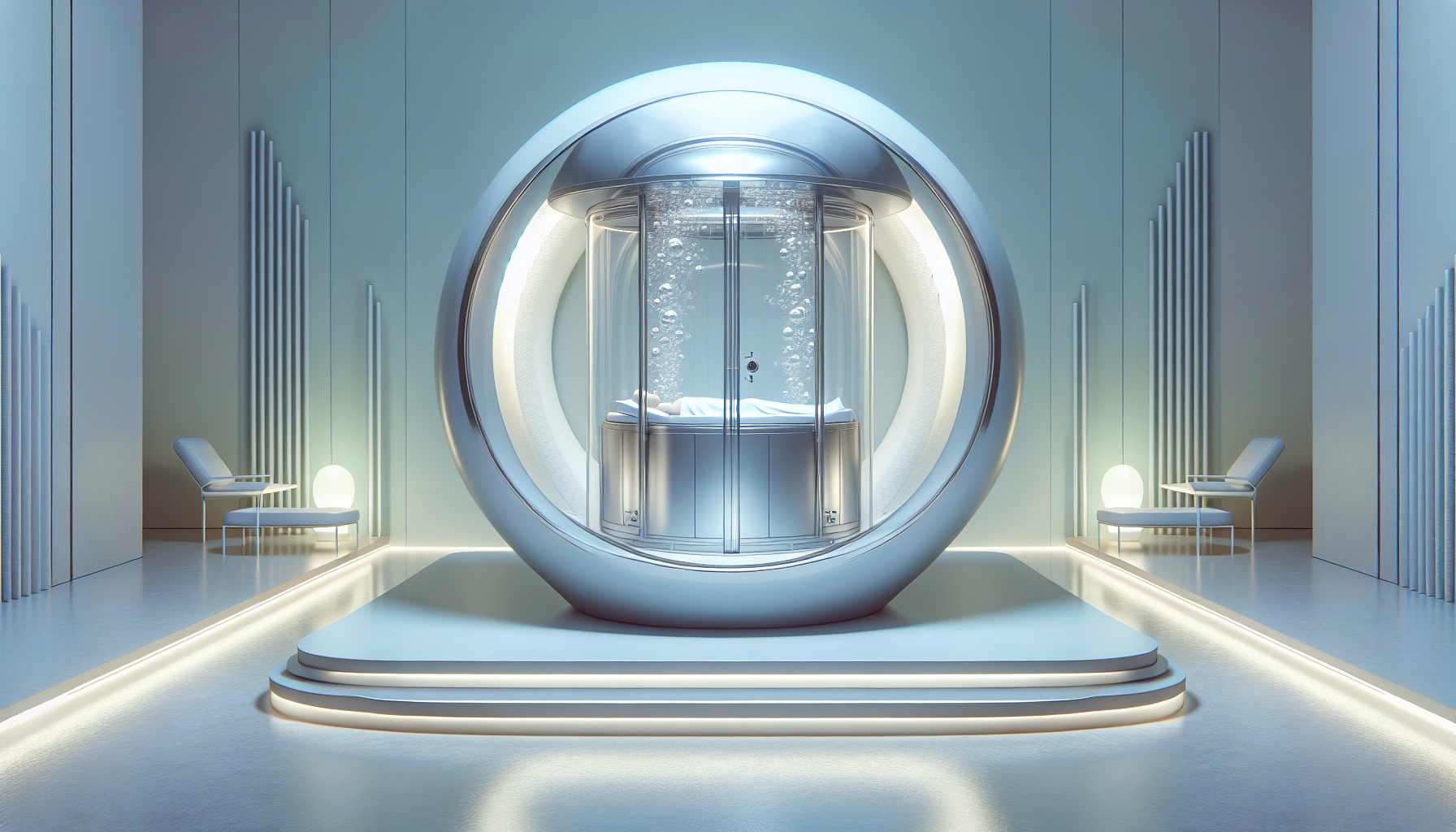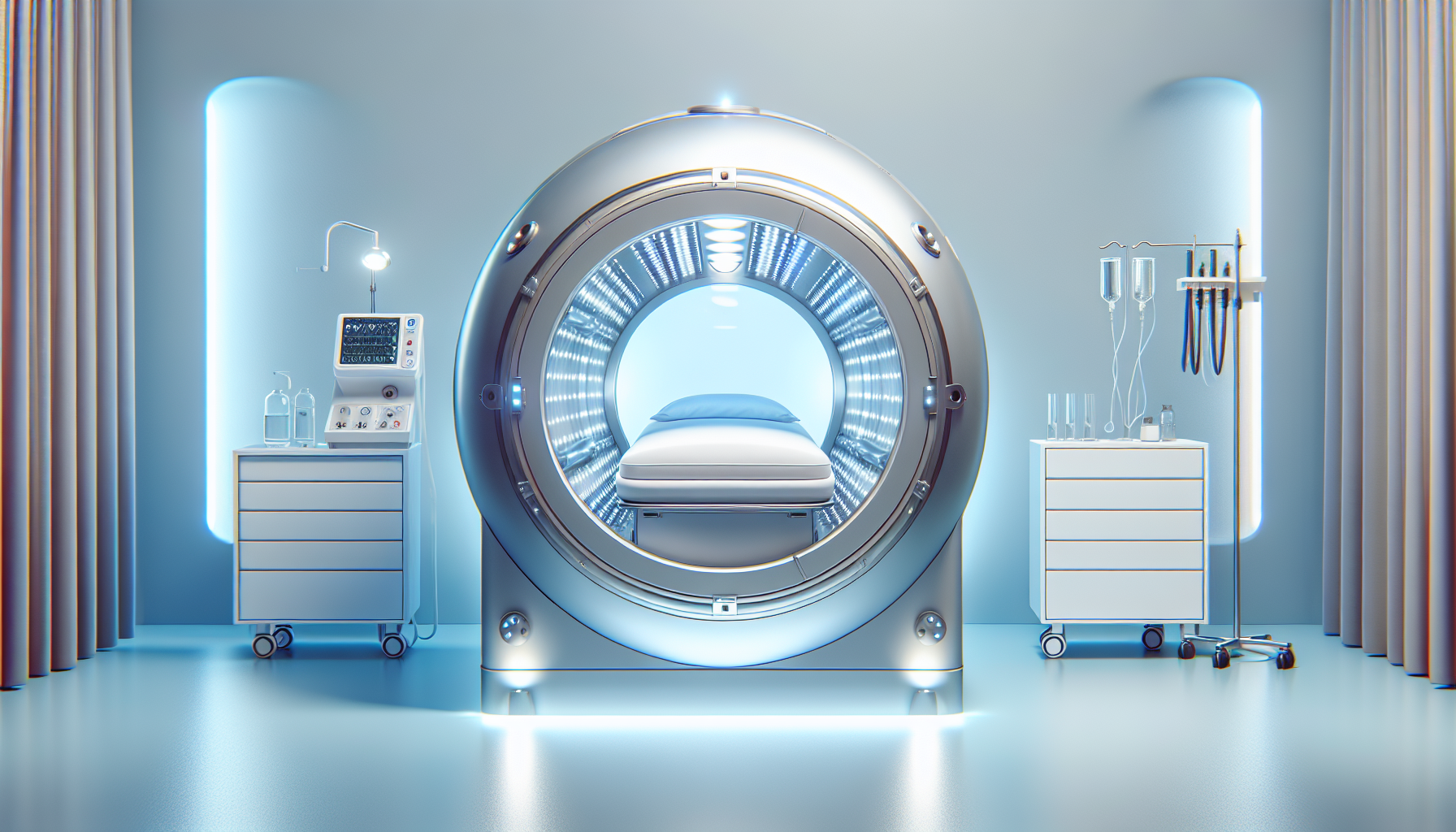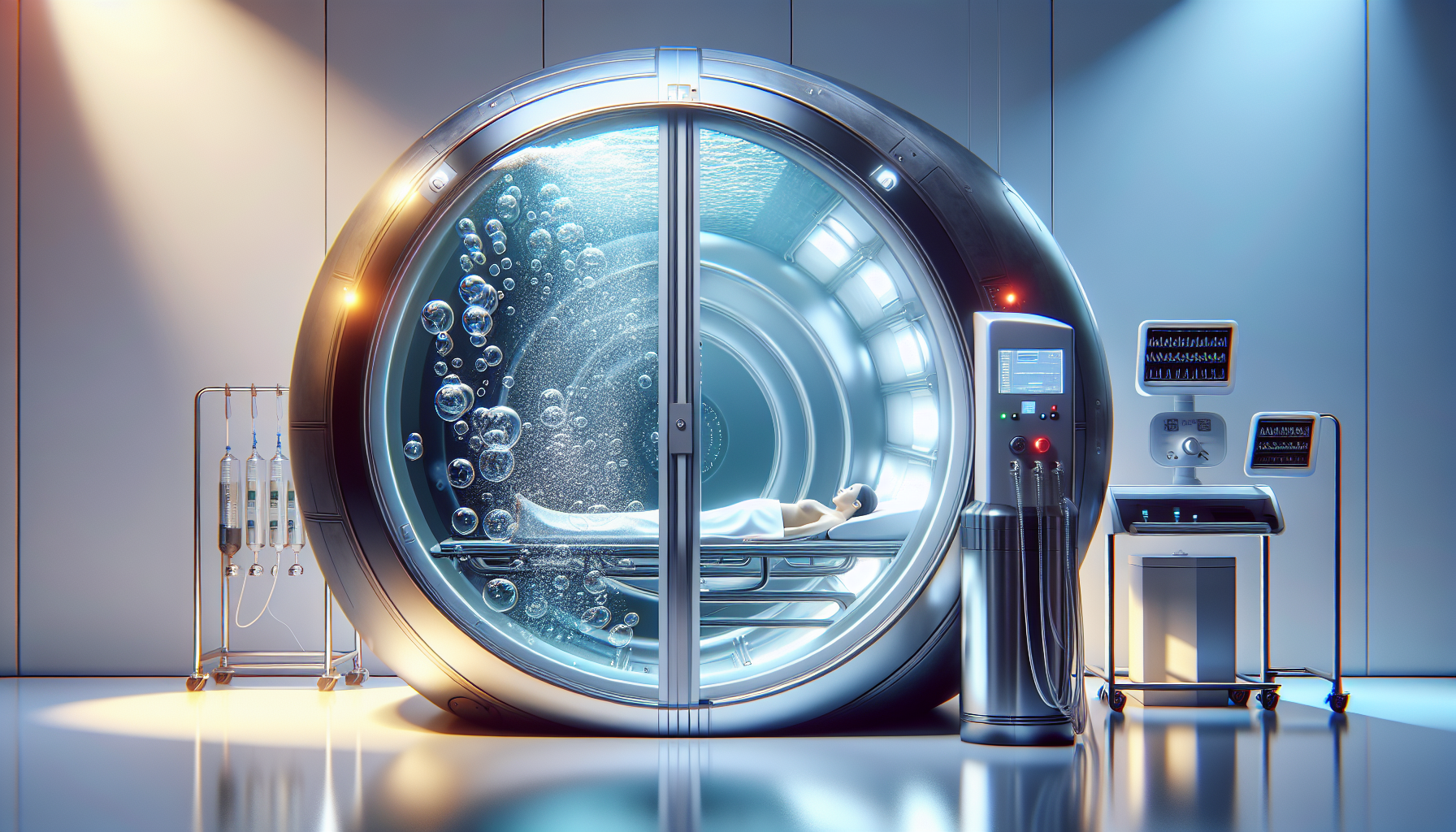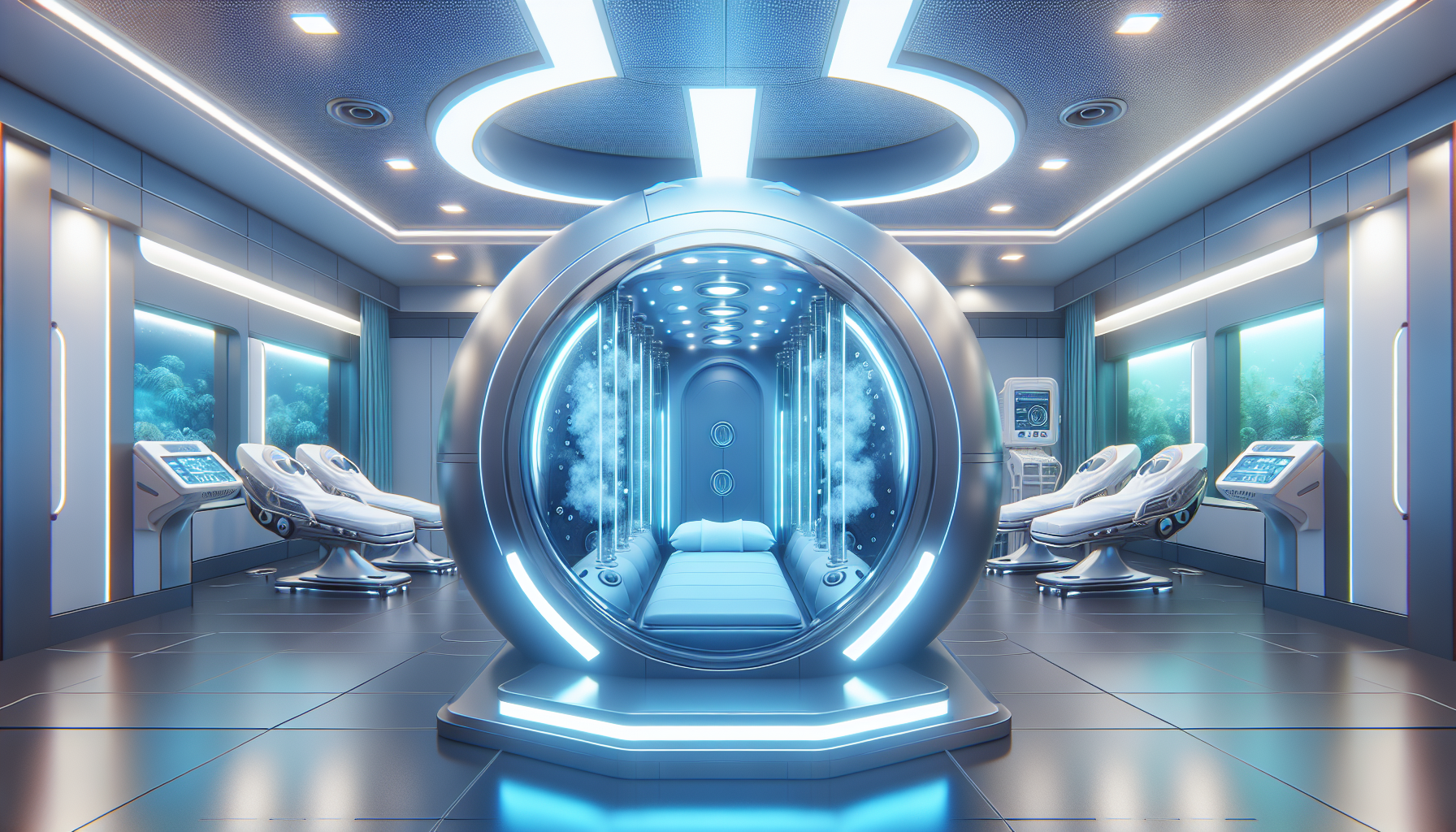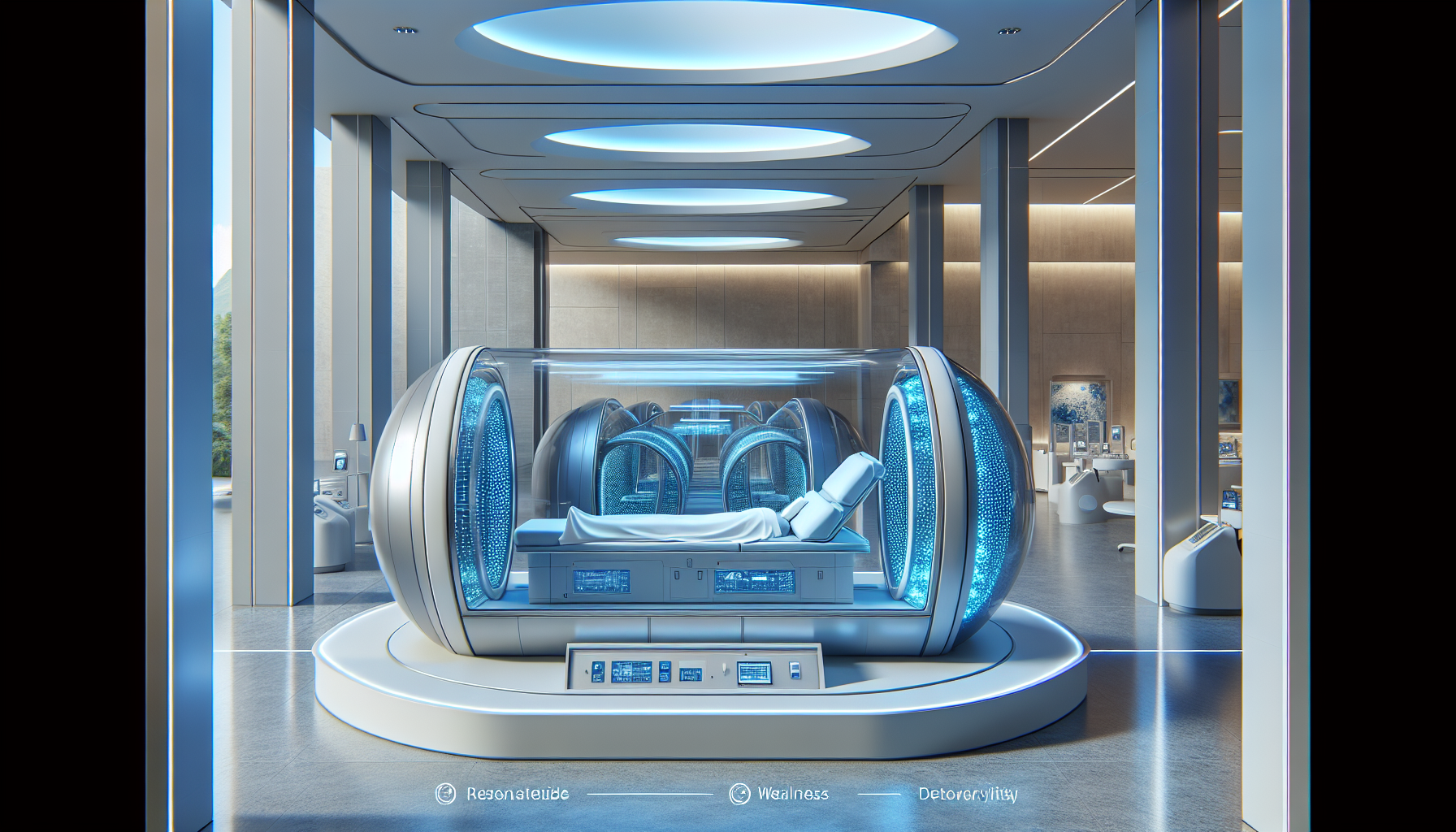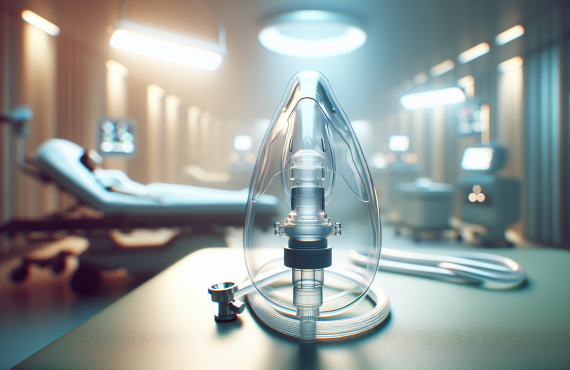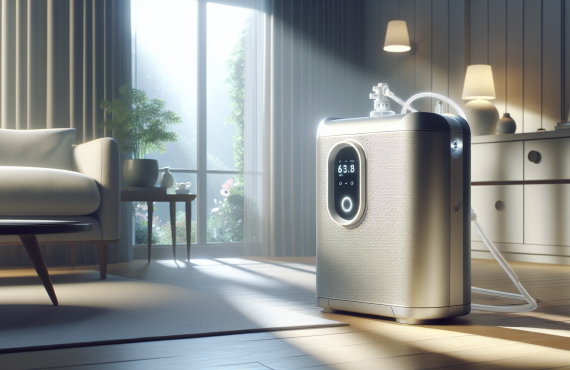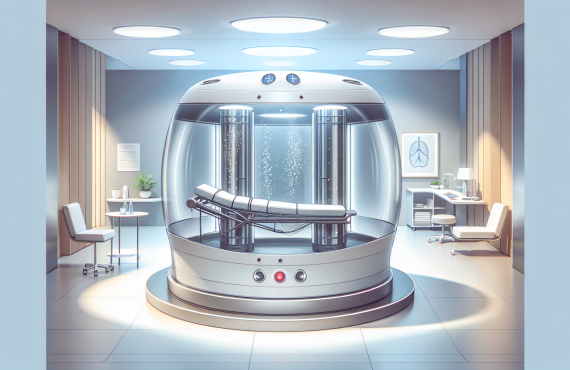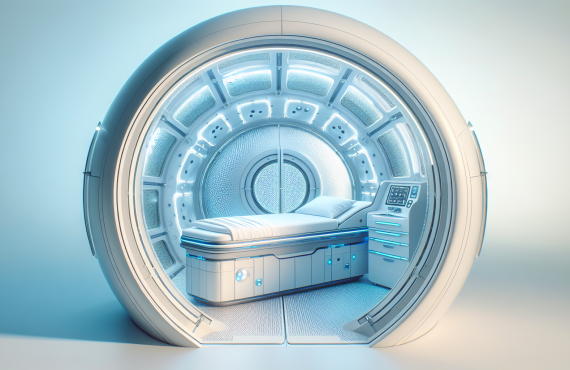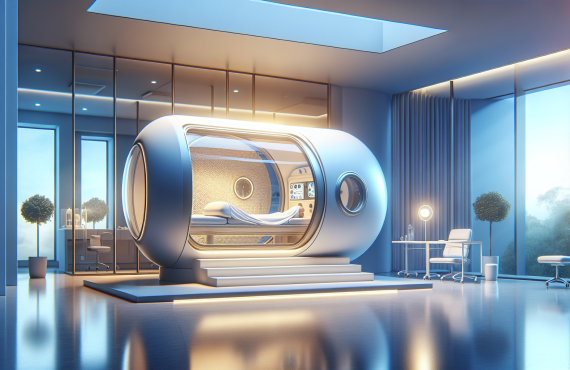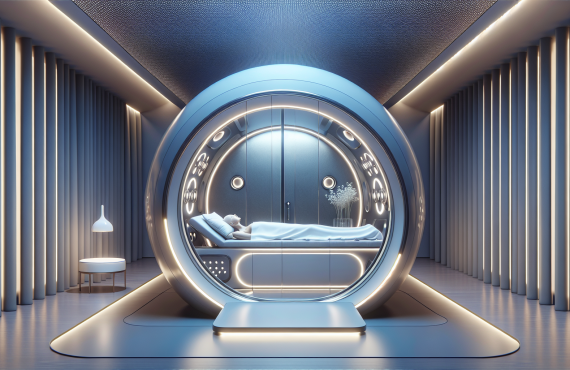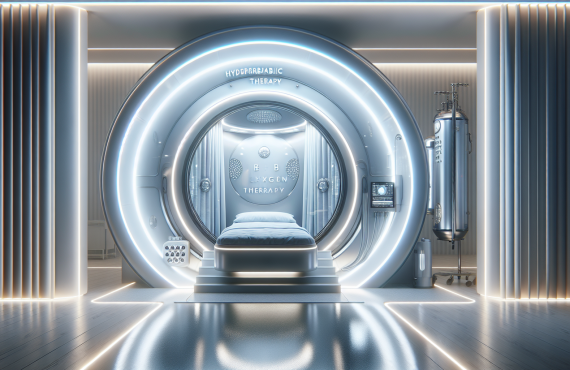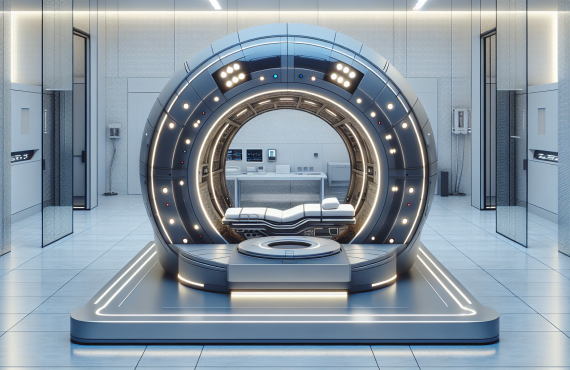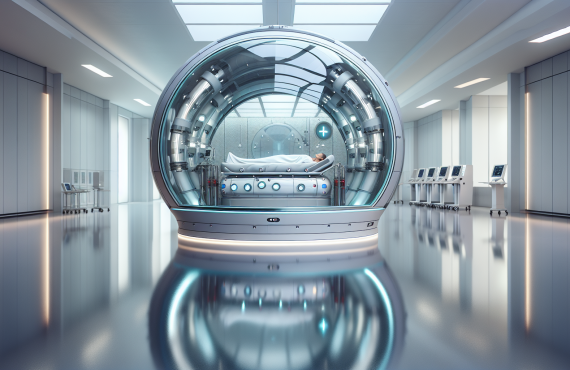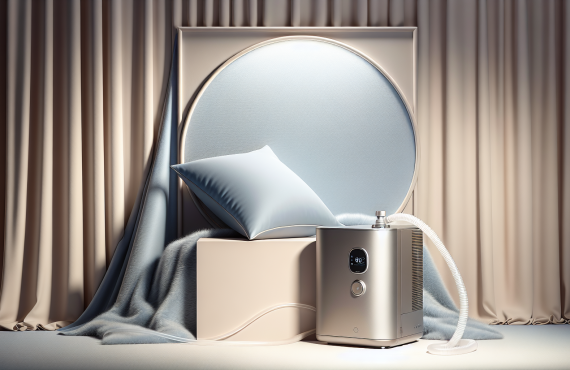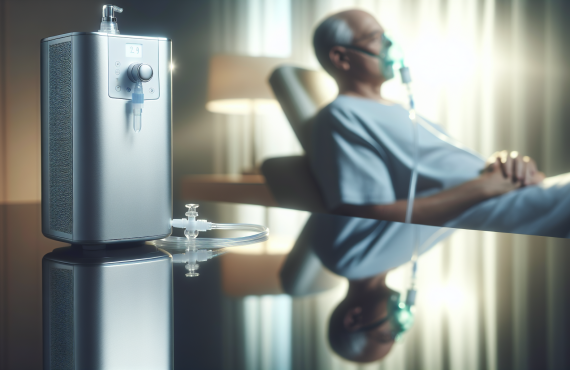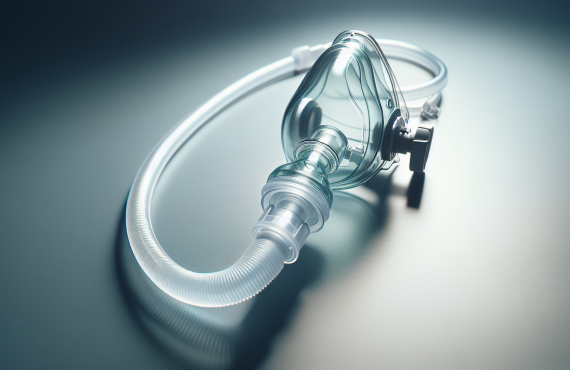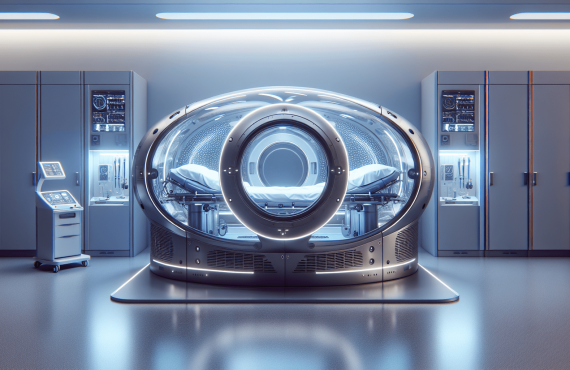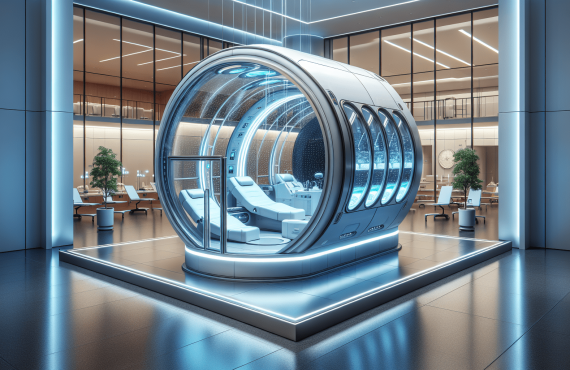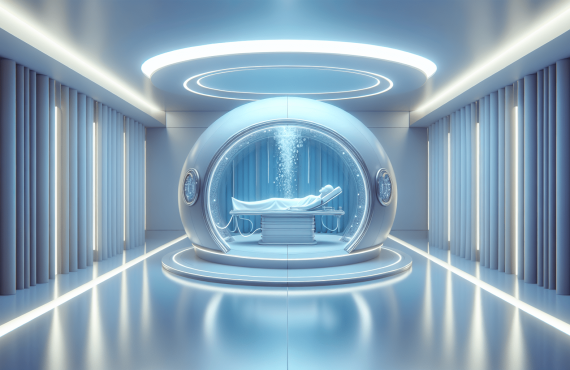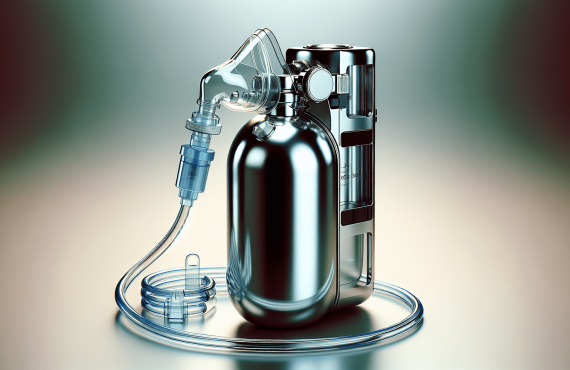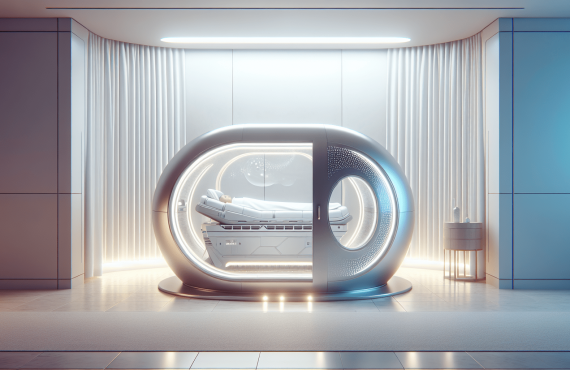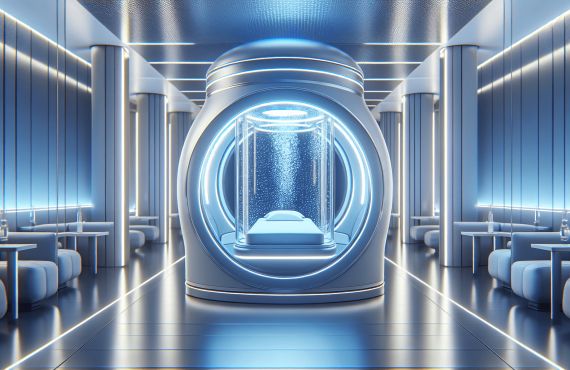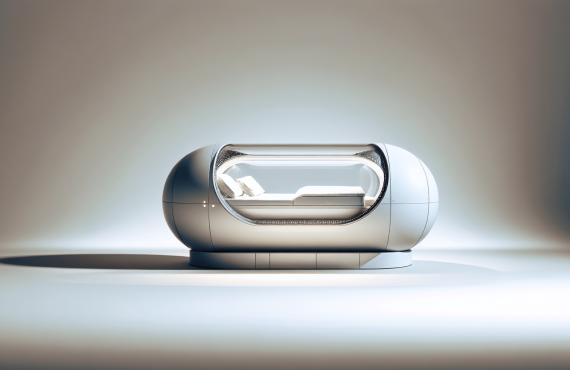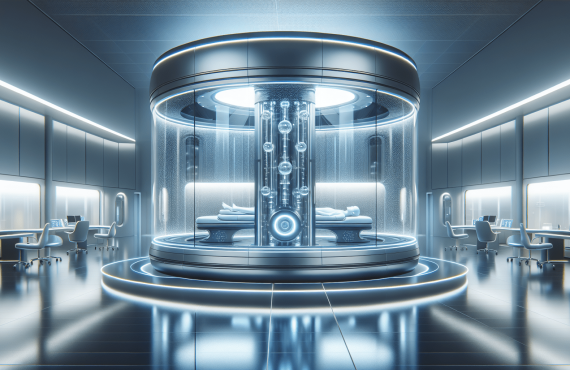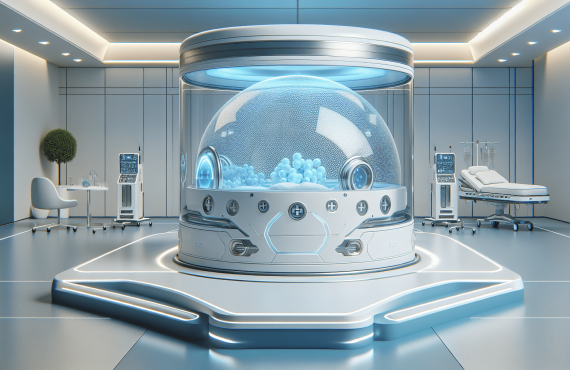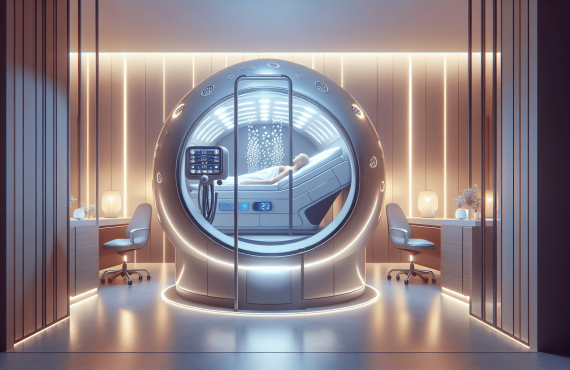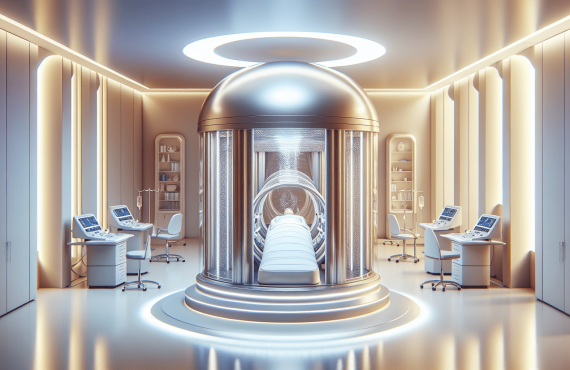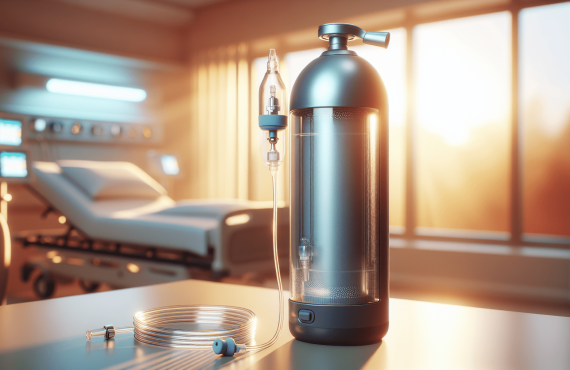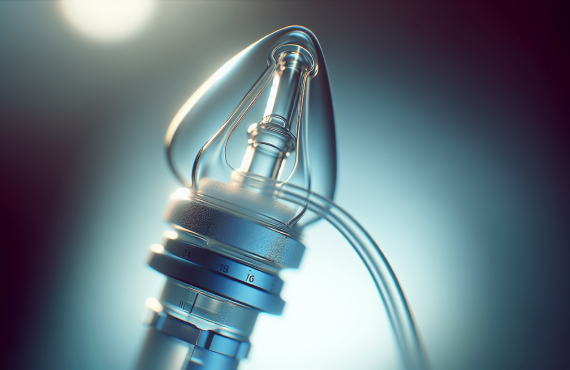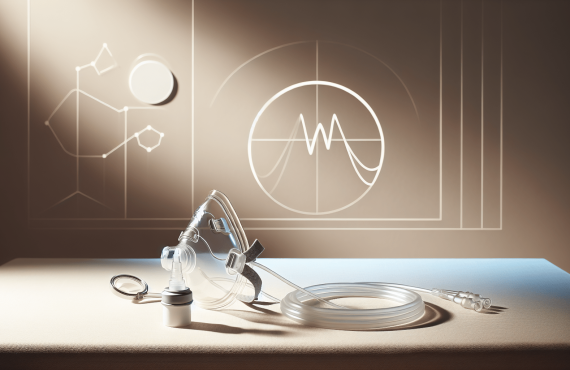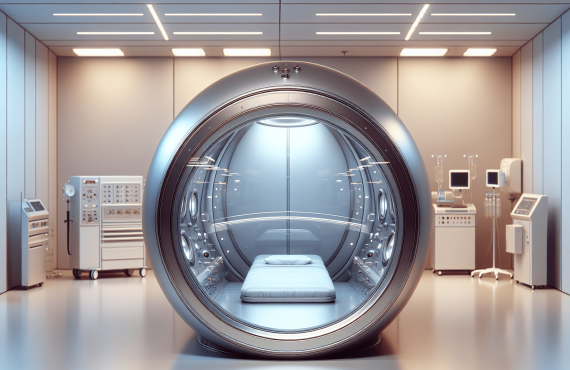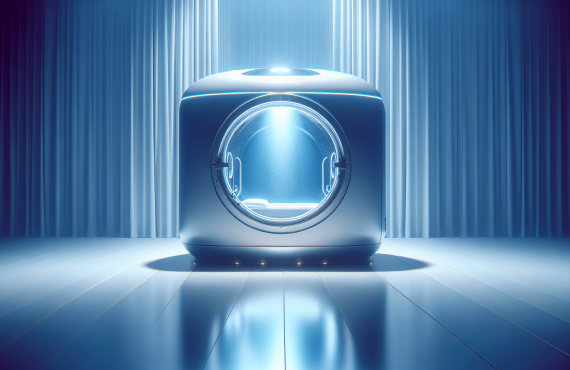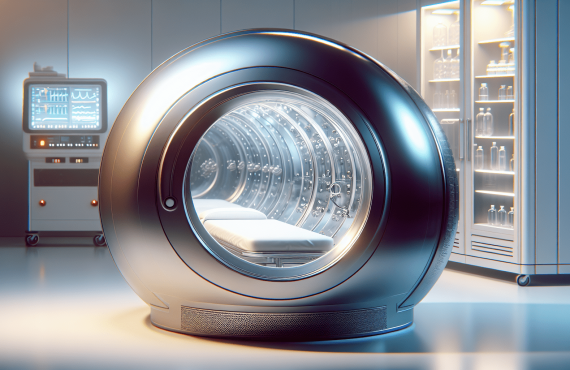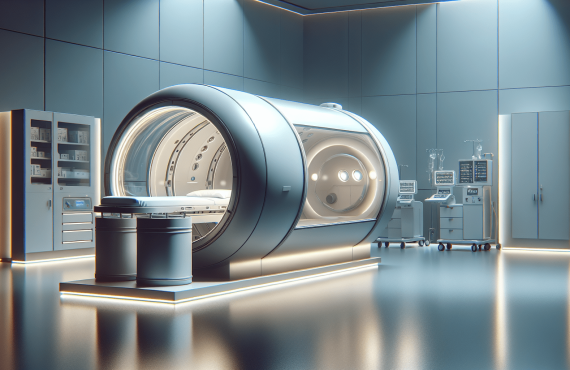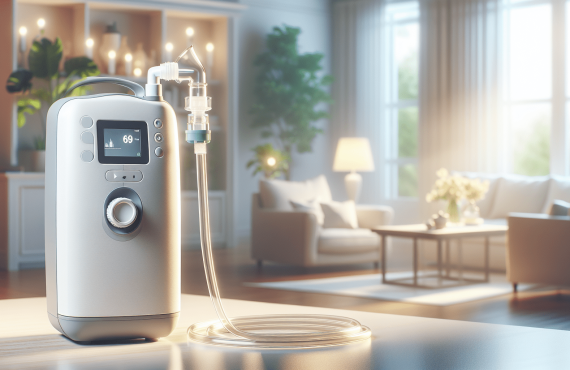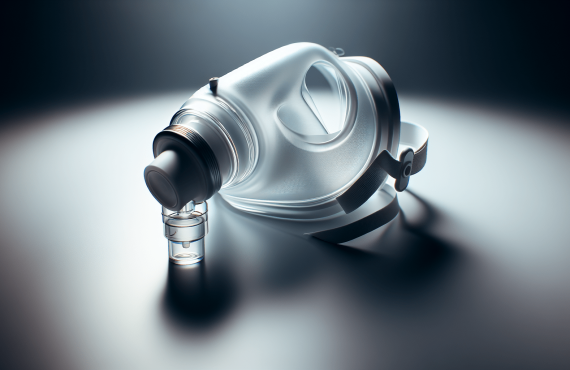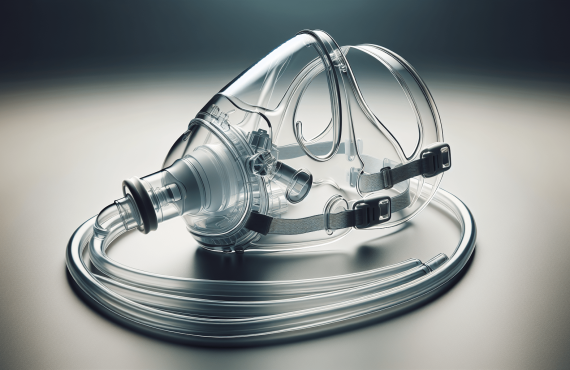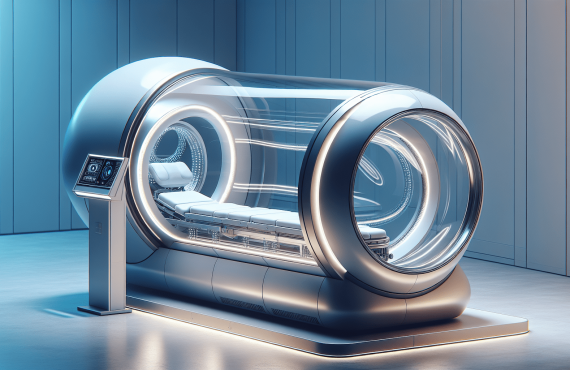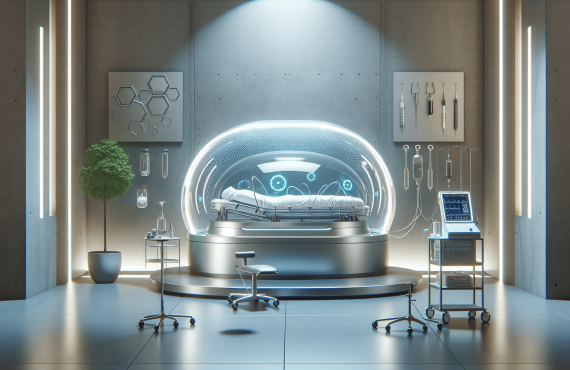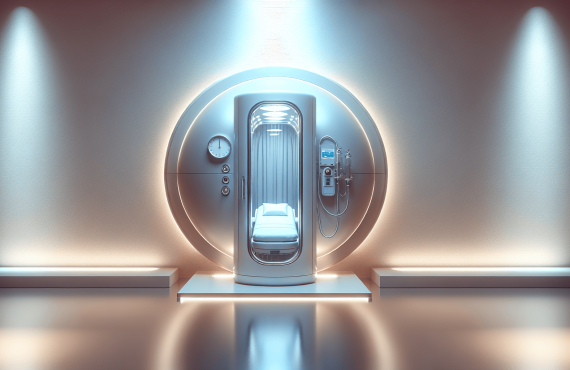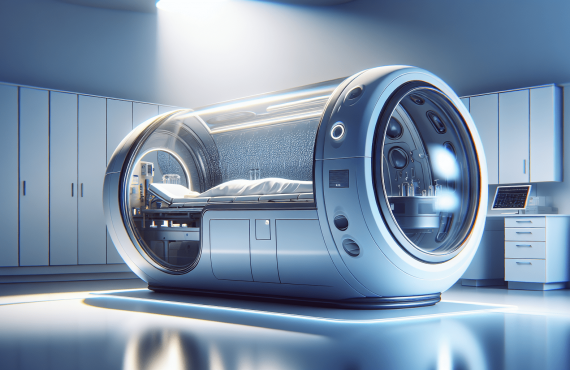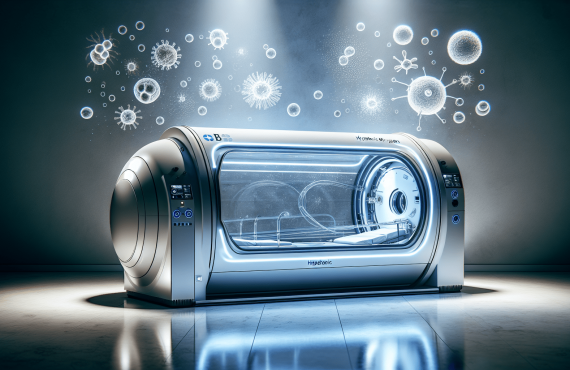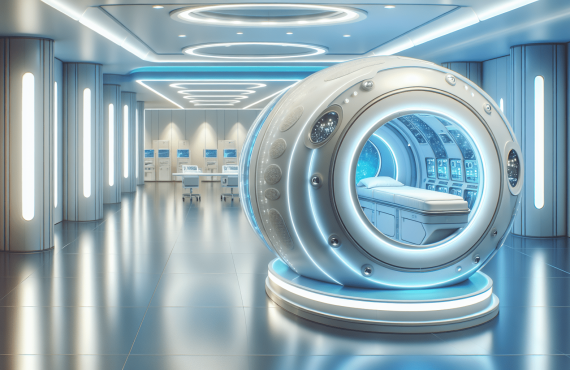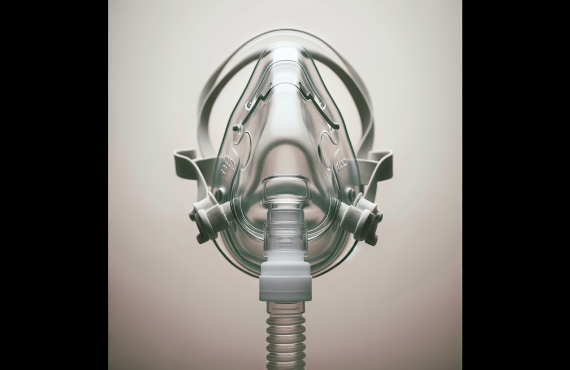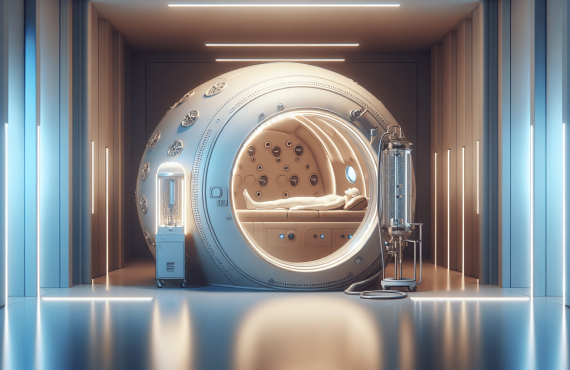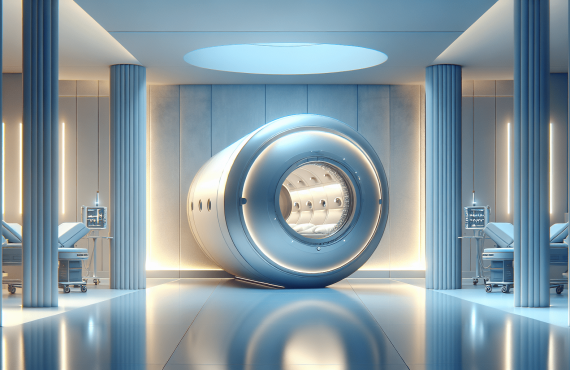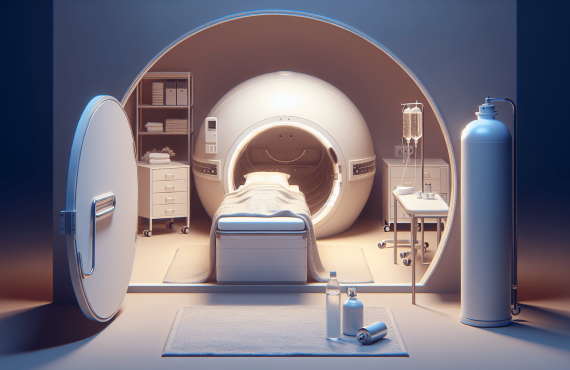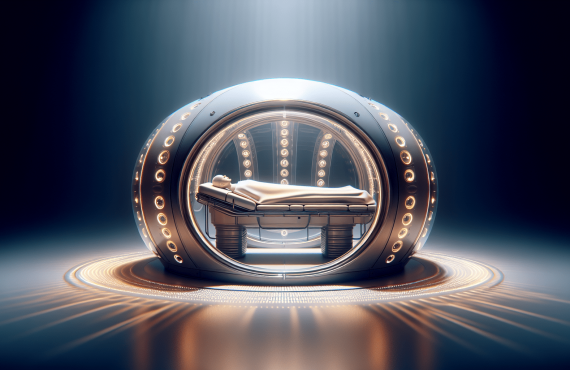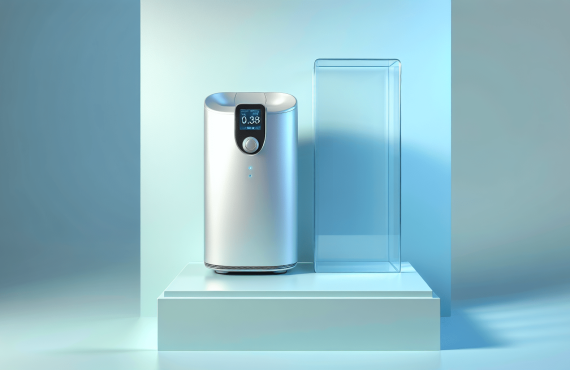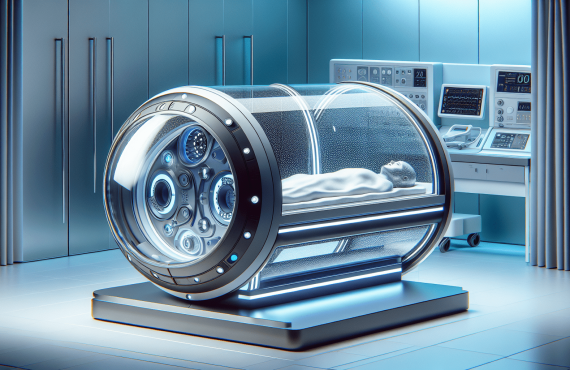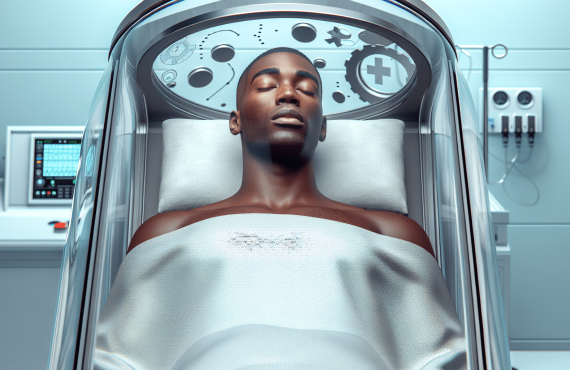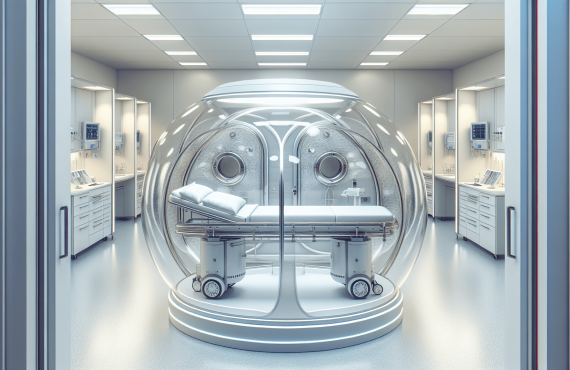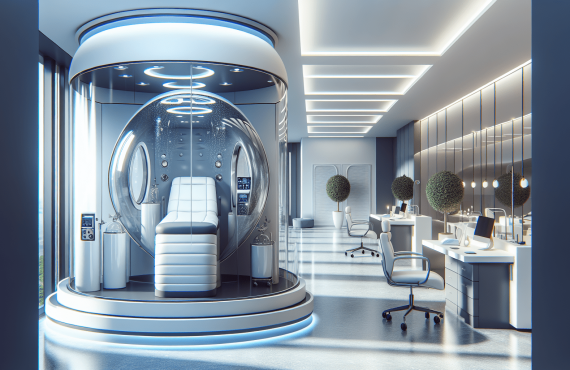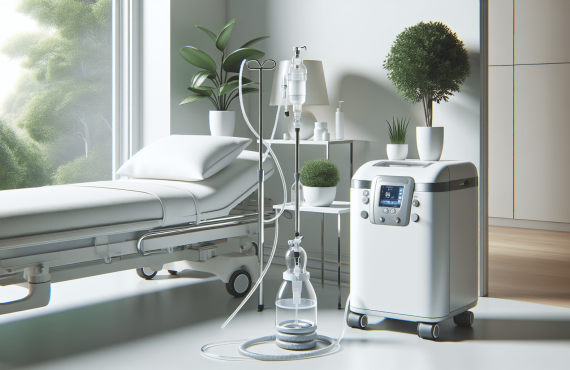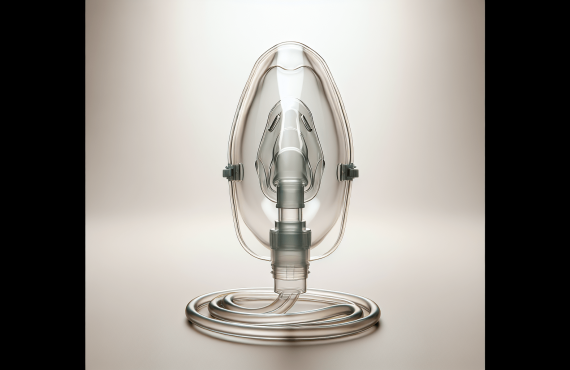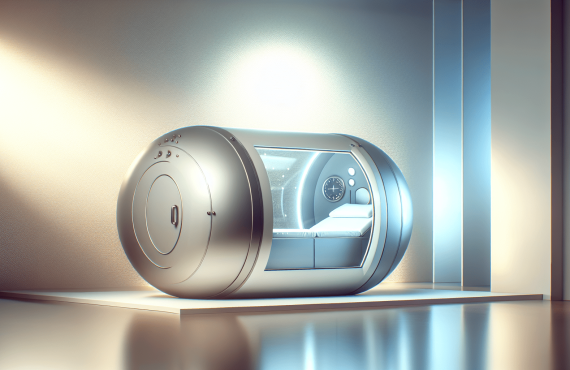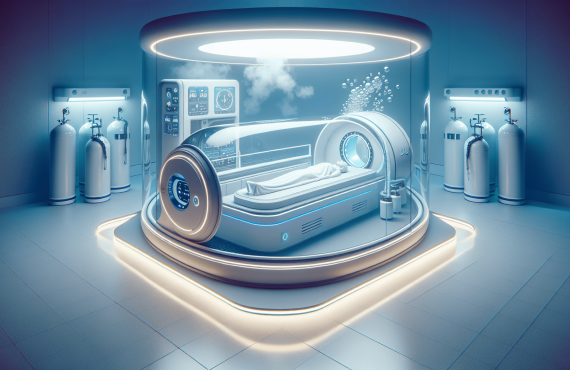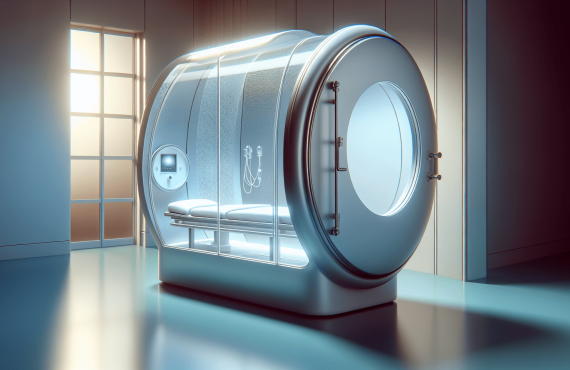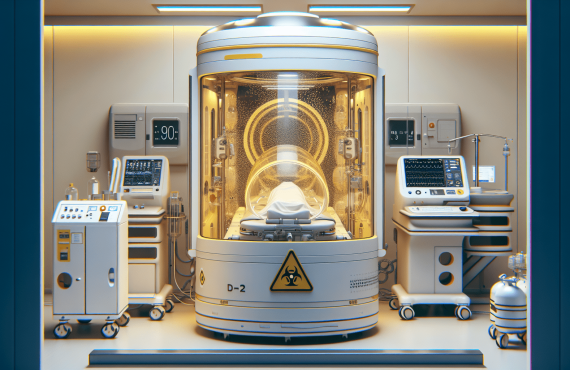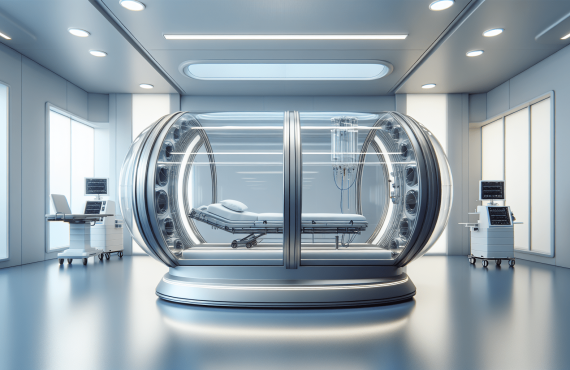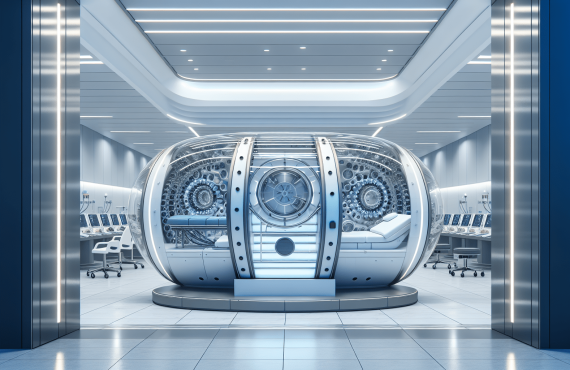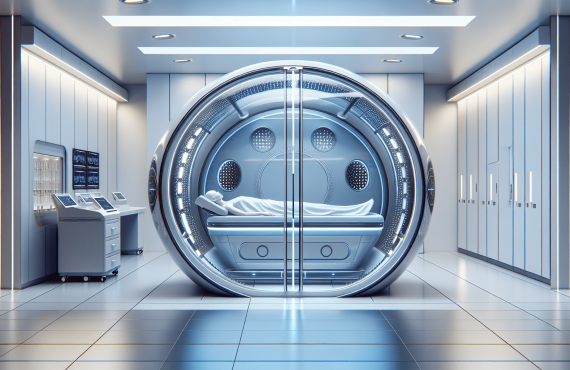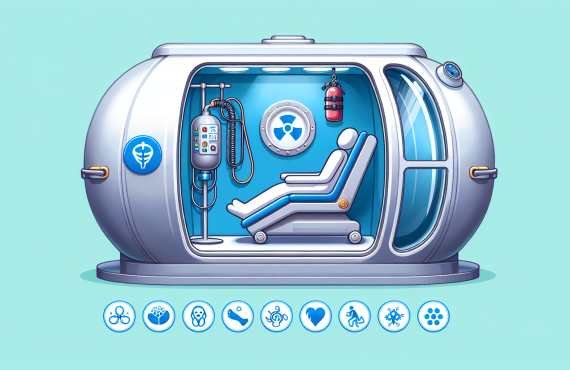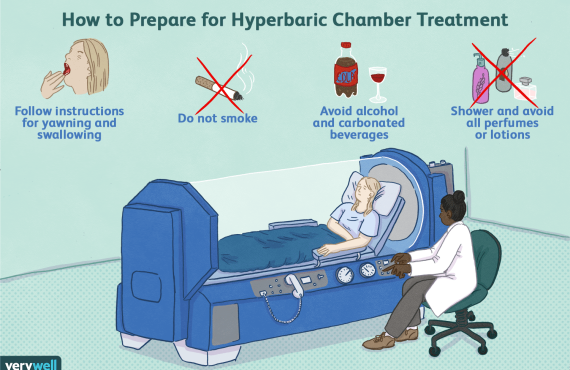Have you ever wondered which patients might benefit from hyperbaric oxygen therapy (HBOT)? Understanding who can gain the most from HBOT is key to ensuring that individuals receive the appropriate care they need. Hyperbaric oxygen therapy stands out for its unique approach to enhancing health, making it an effective option for various conditions. Let’s explore the ins and outs of this intriguing therapy and see which patients are prime candidates.

Table of Contents
What is Hyperbaric Oxygen Therapy?
Hyperbaric Oxygen Therapy (HBOT) offers a straightforward concept with profound implications. This treatment involves breathing pure oxygen in a pressurized chamber. The principle is simple: increase the body’s oxygen content to promote healing and regeneration.
Definition
HBOT involves delivering 100% oxygen at pressures higher than atmospheric levels. This occurs in a specially designed chamber where the oxygen content in the blood and tissues receives a significant boost, thus enabling improved healing effects.
How it Works
Under normal conditions, our lungs draw oxygen from the air and transmit it to tissues through the bloodstream. In a hyperbaric chamber, increased pressure results in a higher concentration of oxygen. This oxygen-rich blood reaches areas with limited supply, jumpstarting natural healing processes. It plays a role in tissue repair, reduces inflammation, enhances immune functions, and fosters the growth of new blood vessels, known as angiogenesis, pivotal for wound healing.
Identifying Good Candidates for HBOT
Understanding who benefits most from HBOT can help streamline treatment for maximum efficacy. Below are several patient conditions and characteristics that often make HBOT advisable.
Patients with Non-Healing Wounds
Chronic wounds are often stubborn and resistant to conventional treatment. Patients suffering from diabetic foot ulcers or radiation injuries might see improvements through HBOT. The therapy boosts oxygen levels, aiding wound closure and recovery.
Individuals with Severe Infections
Condition such as gas gangrene and necrotizing fasciitis can devastate tissues quickly. HBOT helps by delivering oxygen to infected tissues, slowing down bacterial growth and stimulating healing.
Patients with Decompression Sickness
Commonly known as “the bends,” decompression sickness occurs in divers who ascend too quickly. HBOT is effective in treating this by dissolving more oxygen into the bloodstream, reducing nitrogen bubbles that cause discomfort and symptoms.
Those with Traumatic Brain Injuries
Studies indicate that HBOT might benefit patients recovering from traumatic brain injuries. Enhanced oxygen availability supports brain healing, restores function, and mitigates ongoing damage.
Patients Recovering from Carbon Monoxide Poisoning
Carbon monoxide is a silent threat that binds to blood hemoglobin, reducing oxygen delivery throughout the body. HBOT displaces carbon monoxide molecules more efficiently by providing saturable oxygen levels, thus facilitating recovery.
People with Compromised Blood Flow
Individuals experiencing compromised blood flow due to conditions like peripheral artery disease can benefit. Enhanced oxygen in tissues aids in regeneration processes and reduces symptoms.
Considerations Before Starting HBOT
Not every patient is the ideal candidate for HBOT. Some considerations must be taken into account to determine its suitability.
Health Assessments
A healthcare professional needs to evaluate the overall health of the patient before recommending HBOT. Existing medical conditions and overall health status can impact eligibility.
Possibility of Contraindications
Certain conditions might contraindicate HBOT, such as lung diseases with air trapping. Safety should be prioritized to avoid adverse reactions or complications.
Discussion with Healthcare Providers
It’s essential to consult with healthcare providers to fully understand HBOT implications—discuss health history, current medications, and potential risks before starting therapy.
What to Expect During HBOT
Familiarizing yourself with the process helps prepare for what’s to come. Here’s a step-by-step guide on what typically occurs during HBOT sessions.
The Initial Consultation
This involves reviewing medical history and discussing potential outcomes and expectations. Patients receive guidance on what the treatment entails.
The Hyperbaric Chamber Experience
Patients enter the chamber and breathe oxygen at a specified pressure. The feeling might resemble taking off in an airplane, with slight ear pressure adjustments needed. Sessions typically last from 30 minutes to two hours.
Common Sensations
Some patients might experience fatigue or lightheadedness post-session. Generally, these symptoms are mild and diminish quickly.

FAQs on Hyperbaric Oxygen Therapy
Here, we address some common questions to clarify how HBOT works and what you can expect.
1. Is HBOT Safe?
HBOT is generally safe when administered by trained professionals. Medical oversight is essential to monitor patient safety.
2. How Many Sessions Are Required?
The number varies according to the condition treated. Chronic issues might need several sessions, while acute cases could need fewer.
3. Will Insurance Cover HBOT?
Insurance coverage depends on the condition treated. It’s advisable to check with your provider regarding any reimbursements or co-pays.
4. Are There Side Effects?
Possible side effects include sinus discomfort, ear pressure, and temporary vision changes. They are typically mild and resolve after treatment ends.
5. Can Anyone Undergo HBOT?
Not always. Patients with specific conditions might need alternative treatments. Discuss with your healthcare provider for personalized advice.
When to Consider Visiting Henry Chiropractic
For those in Pensacola, Florida, seeking chiropractic care or further consultation about hyperbaric oxygen therapy, Henry Chiropractic is an excellent resource. Dr. Craig Henry, a seasoned chiropractor, and Dr. Aaron Hixon are both skilled in improving patient wellness.
Meet Dr. Craig Henry
Dr. Craig Henry offers a holistic approach to chiropractic care. With his expertise, patients receive personalized treatment plans for a range of conditions.
Meet Dr. Aaron Hixon
With a keen passion for community service and advanced chiropractic techniques, Dr. Aaron Hixon stands ready to assist. His approach enhances patient wellness through targeted care strategies.
Consider reaching out to Henry Chiropractic for more information:
Henry Chiropractic
1823 N 9th Ave
Pensacola, FL 32503
(850) 435-7777
https://drcraighenry.com/
By understanding who benefits from HBOT and the process involved, you can make informed decisions about health care options. Whether it’s wound healing or improving circulation, HBOT offers potential benefits under the right circumstances. Always consult healthcare professionals to ensure the correct path forward for your health needs.










